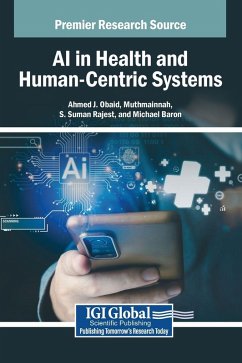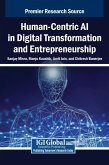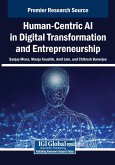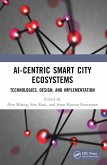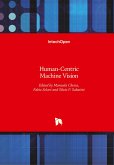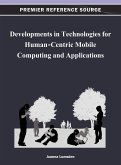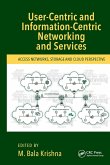The integration of artificial intelligence (AI) into health and human-centric systems reshapes the way care, well-being, and social services are delivered. By leveraging AI technologies like machine learning, natural language processing, and computer vision, these systems can better understand, predict, and respond to human needs with accuracy and personalization. From improving diagnostics and patient outcomes in healthcare to enhancing accessibility and support in public services, AI offers tools for creating more responsive, equitable systems. Its usage raises questions around ethics, privacy, and the preservation of human agency. Further research into the balance between technological advancement and human-centered care may reveal the fundamental values that define human-technology interaction. AI in Health and Human-Centric Systems explores the role of AI in enhancing health and human-centric systems through improved diagnostics, personalized care, and more responsive public services. It examines the opportunities and ethical challenges involved in integrating AI while maintaining trust, equity, and human dignity in technology-driven environments. This book covers topics such as machine learning, medical prediction, and neural networks, and is a useful resource for engineers, medical and healthcare professionals, business owners, academicians, researchers, and scientists.
Bitte wählen Sie Ihr Anliegen aus.
Rechnungen
Retourenschein anfordern
Bestellstatus
Storno

